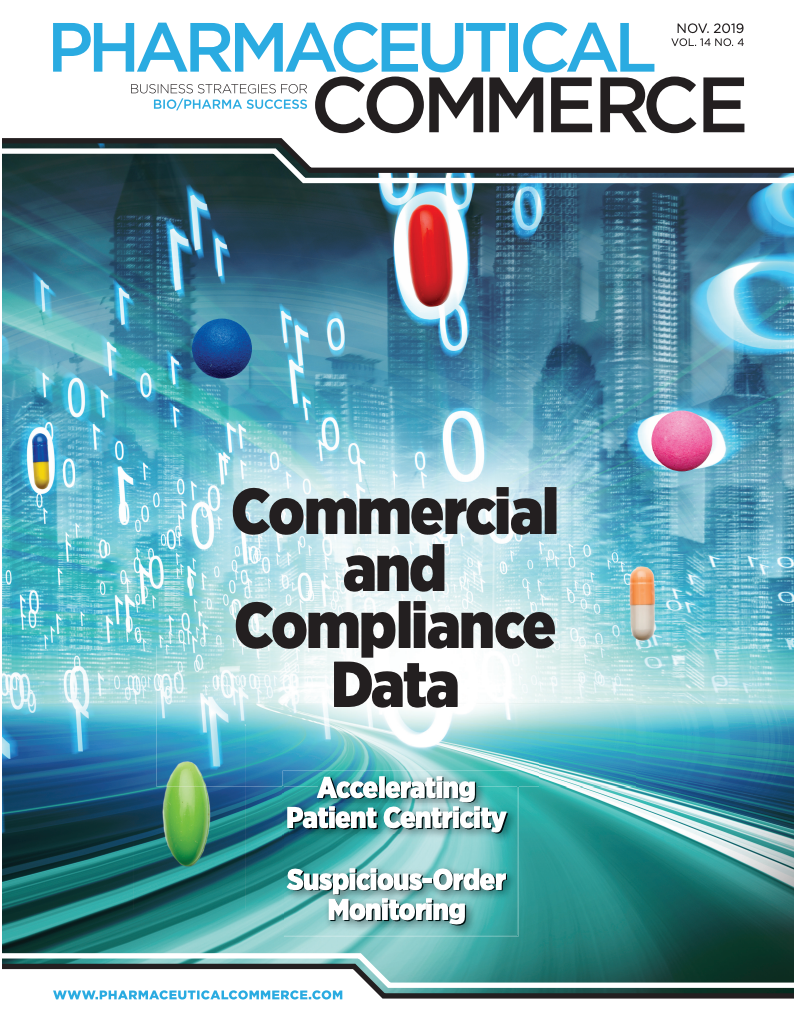UPS gets serious about US-based drone deliveries for healthcare
Collaborations with AmerisourceBergen and CVS Pharmacy expand UPS’ commercial footprint
In steady, stepwise fashion, UPS is making progress toward a commercial business of delivering healthcare products by drone in the US. The latest action is an agreement with AmerisourceBergen, a leading wholesaler-distributor, to use drones to deliver “certain pharmaceuticals, supplies and records” to qualifying medical campuses in the US, “and then to expand its use to other sites of care.” Almost simultaneously, it announced a partnership with CVS to test making pharmacy deliveries to consumer homes.
These collaborations were preceded by the announcement, in October, that the Federal Aviation Administration would allow commercial drone flights to a UPS business unit, UPS Flight Forward, Inc. And last March, UPS announced the first FAA-sanctioned use of a drone for routine flights; for that, UPS has been working with a drone developer, Matternet. The FAA approvals are important because they allow for flights beyond an operator’s line of sight, greatly expanding the potential scale of drone deliveries.
There are other companies pushing forward with plans for drone flights for a variety of purposes including making deliveries, most notably Amazon’s announced plans to experiment with delivering consumer products to its customers. UPS seems to be the first to target healthcare products in the US. UPS’ partner, Matternet, is currently delivering lab samples within a Swiss hospital system; and DHL has experimented with a variety of pharmacy deliveries in Germany.
Arguably the biggest current healthcare delivery-by-drone program, though, is in Rwanda, where Zipline, a US company, has made 21,500 deliveries of blood and other products to a network of hospitals and clinics within a 50-mile limit of two distribution centers since 2016. William Hetzler, Zipline CEO, told attendees at this year’s Global Cold Chain Forum (Boston, Oct. 15-18) that the company is planning US testing in North Carolina in early 2020, in addition to work with the US Dept. of Defense. In Africa, the company has already expanded into Ghana.
The UPS/AmerisourceBergen partnership “gives us tremendous flexibility in meeting patient needs with emerging technology that will improve supply chain efficiencies in unique and innovative ways,” stated Steve Collis, AmerisourceBergen president and CEO. ABC has 27 distribution centers across the US and serves 95% of the US’ healthcare facilities with the products of more than 1,500 pharma and healthcare-product manufacturers.
Drone delivery of healthcare products still seems to float in the realm of gee-whiz technology of questionable economics, but these announcements defy that belief. Hetzler noted in his presentation that a crucial part of Zipline’s business is providing blood products for patients suffering post-partum bleeding—a common condition, but one that necessitates near-immediate transfusion to save the new mother’s life. At the same time, it is difficult-to-impossible to stock sufficient blood locally and keep its shelf life current. It’s not hard to extrapolate from that to emergency deliveries in the US (where helicopters tend to be used, at high expense). Hetzler also claimed that, once the drone delivery business is at scale in the in the US, deliveries will cost $10-15 per shipment.
